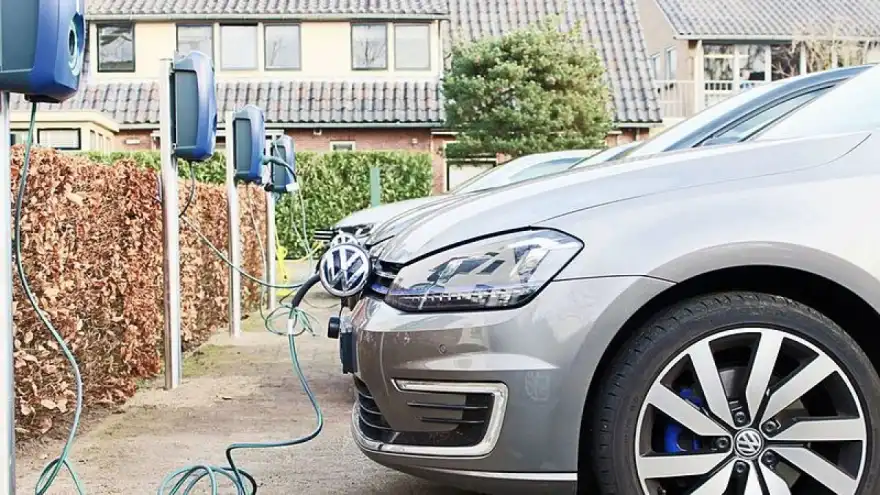
Proposal explained
Motorists that recharge electric vehicles at times of day when the demand for electricity peaks must pay more so they recognise the limitations of infrastructure, minimise expenditure for their fellow users and protect the planet, The Office Of Gas And Electricity Markets (Ofgem) proposes. But why is this non-ministerial, government, regulatory authority making this argument?
Capability of infrastructure
The United Kingdom’s electric infrastructure is capable of providing a peak amount of power at any moment for homes, businesses and public services - and to charge the comparatively small number of electric vehicles on the road. As of now, it copes with such demand. However, electric cars look set to become increasingly popular so the infrastructure might struggle to cope.
A potential solution is to expand the infrastructure by building new power stations, for example. However, such work is expensive and it is highly likely that every consumer – irrespective of whether they personally have an electric vehicle – will have to cover the cost via higher bills. That is arguably unfair. In addition, expanding the infrastructure has an environmental impact.
Non-peak charging
In preference, Ofgen proposes a solution that spreads the demand for electricity throughout the day. This requires motorists to embrace “flexible charging” which is to charge at non-peak times. At night when people typically sleep, for instance. If, therefore, all motorists charge flexibly rather than at peak times the existing infrastructure could recharge sixty percent more vehicles.
To comply, motorists must have a smart meter and a time of use electric tariff. The tariff might, for instance, be high when demand for electricity is at a peak then fall at other times. However, Ofgen has not stated how peak time chargers might be penalised. "Our thinking on this is at an early stage”, it reveals.
Regulatory authority praises its proposal
“Ofgem says it is working with the government to support the electric car revolution. It further says its proposal to penalise motorists that charge at peak times will help “more users charge their electric vehicles”, save them money and provide choice. Motorists might choose to charge at low cost times, in other words.
Fairness is also a consideration. Costs rise if “many consumers use the network to charge electric vehicles at peak times”, Ofgem argues. “It is only fair that these costs are passed onto electric car users” rather than customers that do not operate such machines.
“More flexible use of the energy system will allow more electric cars to be charged from the existing grid and reduce the need for expensive new power stations”, the regulatory authority summarises.



